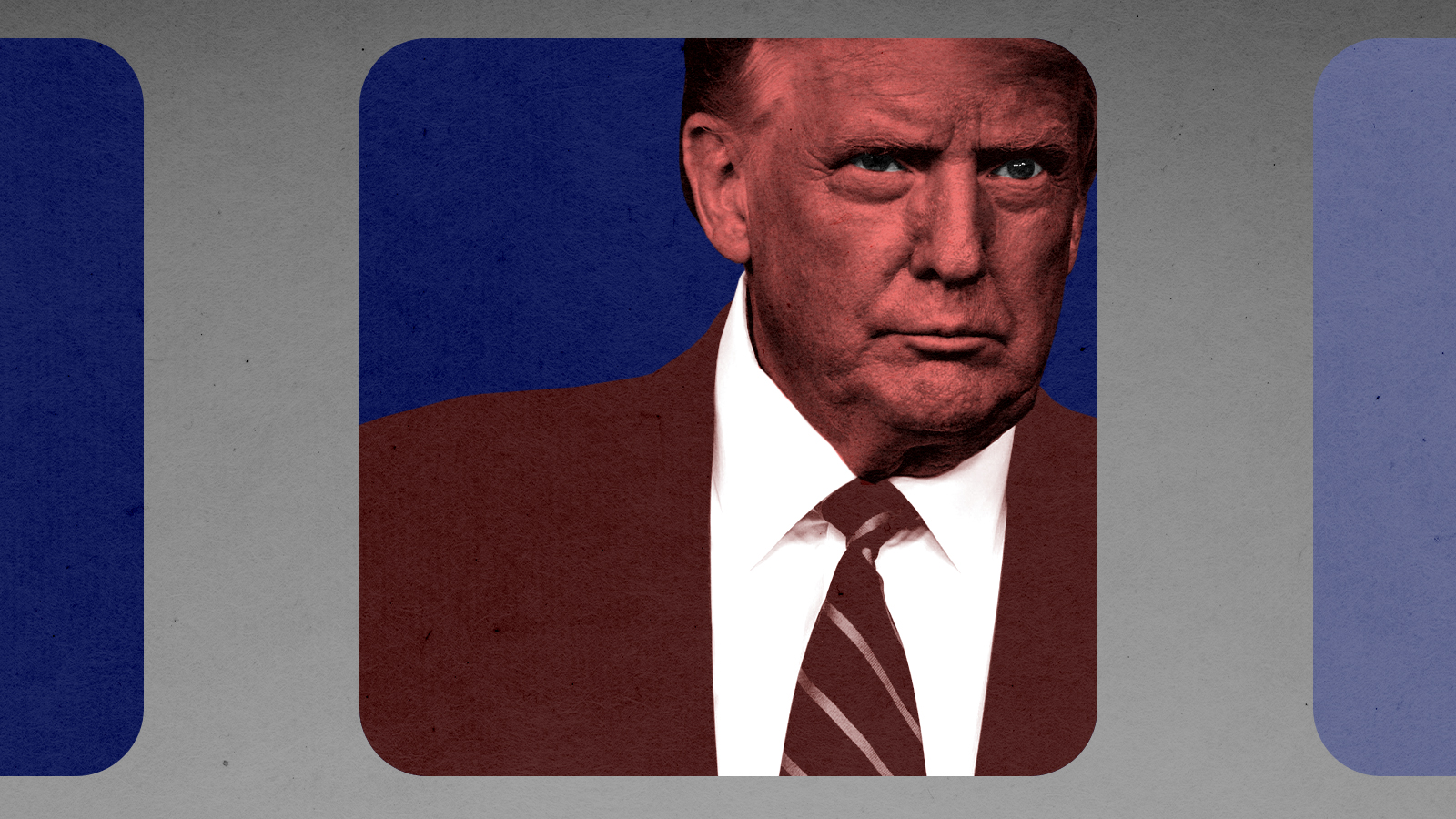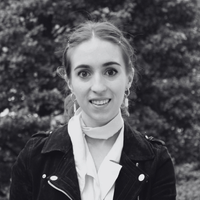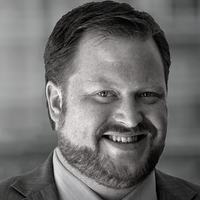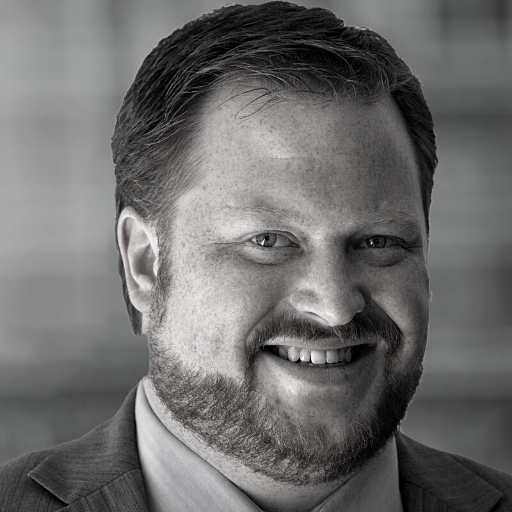Trump's new social network needs the tech law he hates
The former president tried to kill Section 230, but it's why his TRUTH Social site can ban users who 'annoy' him

A free daily email with the biggest news stories of the day – and the best features from TheWeek.com
You are now subscribed
Your newsletter sign-up was successful
TRUTH Social, former President Donald Trump's "free speech" social media platform, is set to launch on Feb. 21. Part of the popular crusade against "Big Tech tyranny," TRUTH promises to be an oasis of unrestricted political speech. But the platform's recent decision to use auto-moderation bots, as well as its oddly restrictive terms of service, suggest Team Trump has perhaps developed a newfound appreciation for both the virtue and necessity of Section 230, the law which enables platforms to choose the content they host. TRUTH Social won't realize its vision of freewheeling free speech. But it will serve as a much-needed reminder of the value of that law.
Devin Nunes, the former GOP representative-turned-Trump Media CEO, said on Wednesday that TRUTH Social will be the most "family-friendly" social media site on the market. This means it intends to moderate content that offends social conservatives even more heavily than its Big Tech rivals do. To this end, TRUTH already enlisted Hive, a Silicon Valley AI company, to auto-moderate "hate speech, spam, pornography, and bullying." This is the same technology used by Facebook and Twitter, and for good reason.
Prior attempts at creating "free speech" platforms, like Parler and Gettr, became so overrun with offensive junk they became practically unusable. The reason that TRUTH Social can work with Hive and maintain a "family friendly" environment is because Section 230 gives them the freedom to do so without facing liability — the very law that Trump (as well as nearly five dozen bills in Congress) wants to repeal.
The Week
Escape your echo chamber. Get the facts behind the news, plus analysis from multiple perspectives.

Sign up for The Week's Free Newsletters
From our morning news briefing to a weekly Good News Newsletter, get the best of The Week delivered directly to your inbox.
From our morning news briefing to a weekly Good News Newsletter, get the best of The Week delivered directly to your inbox.
Other examples of speech that runs afoul of TRUTH's terms of service include content that "disparage[s]" Trump Media and content that "annoy[s]" Trump himself. Curiously, TRUTH users may also be banned from the site for "excessive use of capital letters." TRUTH has the right to make all these rules precisely because of the Section 230 protections Trump tried to nix while president.
Many who oppose Section 230 claim it allows "stifling of free speech." Speaking fondly about the launch of TRUTH Social this week, Fox host Maria Bartiromo said "we're living in the worst period of political censorship in American history." But TRUTH Social's own willingness to remove and curate content illustrates the paradox of that complaint.
Without the immunity from liability for user content that Section 230 provides, platforms would likely remove even more controversial content to avoid costly lawsuits. Absent 230's protections, offensive content would flood platforms and push many users away.
In short, thanks to 230's immunity from liability for leaving stuff up, TRUTH may host its users' controversial views. And it can remain "family friendly" thanks to 230's immunity from liability for taking things down. TRUTH's unusual terms of service highlight another benefit of 230: enabling platforms to create cohesive online communities of like-minded individuals, which, in this case, may mean those who do not annoy Donald Trump.
A free daily email with the biggest news stories of the day – and the best features from TheWeek.com
TRUTH Social insists it will not moderate based on political viewpoint, yet defining hate speech, spam, and bullying is an inherently political task. Many conservatives on Twitter have been deplatformed for purposely misgendering transgender users, which Twitter classifies as hate speech. TRUTH is unlikely to consider erroneous pronouns hate speech but may instead choose to ban users for phrases like "ACAB" or comments about white fragility. Rather than moderate less content than Big Tech or achieve some fantastical conception of neutrality, then, Section 230 allows TRUTH to create moderation rules better suited to the political views of its user base.
That's a good thing, and a diverse public is best served by a diverse array of products. For example, Section 230 allows PopJam to maintain an enriching art-sharing community for children by exerting a heavy hand over inappropriate content. HuntingNet fosters a valuable niche platform for its users by excluding animal rights posts. Ravelry, a progressive knitting site, excludes pro-Trump political content which, the users determined, interfered with their enjoyment of the site.
Likewise, TRUTH Social will provide a somewhat moderated environment where anti-vax views are welcome but "excessive use of capital letters" is not. TRUTH Social shows that even Section 230's most consistent detractor will leverage its protections to create the platform that best serves its users. That is a ringing endorsement of keeping the law around, whatever Trump himself may say.
Trevor Burrus is a research fellow in the Cato Institute's Robert A. Levy Center for Constitutional Studies and editorâ€â€‹inâ€â€‹chief of the Cato Supreme Court Review. He holds a bachelor's in philosophy from the University of Colorado at Boulder and a J.D. from the University of Denver Sturm College of Law.
-
 Switzerland could vote to cap its population
Switzerland could vote to cap its populationUnder the Radar Swiss People’s Party proposes referendum on radical anti-immigration measure to limit residents to 10 million
-
 Political cartoons for February 15
Political cartoons for February 15Cartoons Sunday's political cartoons include political ventriloquism, Europe in the middle, and more
-
 The broken water companies failing England and Wales
The broken water companies failing England and WalesExplainer With rising bills, deteriorating river health and a lack of investment, regulators face an uphill battle to stabilise the industry
-
 Trump’s EPA kills legal basis for federal climate policy
Trump’s EPA kills legal basis for federal climate policySpeed Read The government’s authority to regulate several planet-warming pollutants has been repealed
-
 House votes to end Trump’s Canada tariffs
House votes to end Trump’s Canada tariffsSpeed Read Six Republicans joined with Democrats to repeal the president’s tariffs
-
 Bondi, Democrats clash over Epstein in hearing
Bondi, Democrats clash over Epstein in hearingSpeed Read Attorney General Pam Bondi ignored survivors of convicted sex offender Jeffrey Epstein and demanded that Democrats apologize to Trump
-
 Judge blocks Trump suit for Michigan voter rolls
Judge blocks Trump suit for Michigan voter rollsSpeed Read A Trump-appointed federal judge rejected the administration’s demand for voters’ personal data
-
 US to send 200 troops to Nigeria to train army
US to send 200 troops to Nigeria to train armySpeed Read Trump has accused the West African government of failing to protect Christians from terrorist attacks
-
 Grand jury rejects charging 6 Democrats for ‘orders’ video
Grand jury rejects charging 6 Democrats for ‘orders’ videoSpeed Read The jury refused to indict Democratic lawmakers for a video in which they urged military members to resist illegal orders
-
 Trump links funding to name on Penn Station
Trump links funding to name on Penn StationSpeed Read Trump “can restart the funding with a snap of his fingers,” a Schumer insider said
-
 Trump reclassifies 50,000 federal jobs to ease firings
Trump reclassifies 50,000 federal jobs to ease firingsSpeed Read The rule strips longstanding job protections from federal workers


